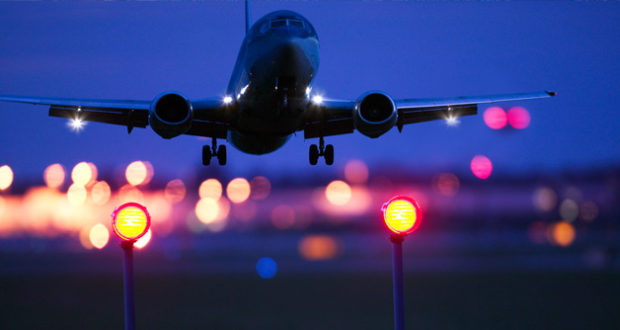International Airlines Lose In Foreign Exchange Rate Shift

International airlines operating in the country
may have lost the sum of million
(N58.6bn) out of the outstanding million
stuck in the economy prior to the recent
introduction of flexible foreign exchange rate
policy by the Central Bank of Nigeria (CBN),
BusinessDay analysis shows.
The implication is that while the floating of the
naira introduced last month may have brought
some succour to some sectors of the
economy, the aviation sector is suffering a
shortfall of an estimated million dollars
on account of the difference between the old
exchange rate of N199/$ and the present
N282/$.
The aviation sector saw about million
blocked funds which had continued to
threaten operations because the foreign
airlines could not remit earnings due to the
capital control policy of the CBN before the
June 20 policy relaxation.
Consequently, the value of the amount which
was at the exchange rate of N199/$ had
reduced to based on the new
floating exchange rate of N282/$.
For instance, the naira adjusted by 29 percent
to N282 against the dollar in the interbank
foreign exchange (FX) market last Monday, as
the Central Bank of Nigeria, (CBN) intervened
to ease demand for the greenback.
The CBN sold .02billion in special
secondary market intervention sales (SMIS)
and .5 million on the interbank market at
N281 to N285 to the U.S dollar on the first day
of the trading, after its currency peg was
removed, Thomas Reuters data showed.
Tayo Ojuri, an aviation consultant told
BusinessDay that international airlines have
started applying through their banks to access
forex and some of them are beginning to take
some of their monies out.
Ojuri added that the challenge was that the
airlines were losing a lot of monies because of
the difference in exchange rate of N199 to
N282 per dollar.
John Ojikutu, Secretary-General, Aviation
Round Table Initiative, told BusinessDay that
with over stuck in Nigeria, each of
the 25 international airlines operating in the
country have nothing less than million
stuck in the country.
Ojikutu said this amount can affect the
operations of the airlines and could cause
more of them to pull out of the country.
Nogie Meggison, President, Airline Operators
of Nigeria, (AON) told BusinessDay that the
new policy would reduce financial, operational
and technical challenges which airlines
struggle with, relating to transactions in
foreign policy.
Thank's for read my article International Airlines Lose In Foreign Exchange Rate Shift
Created at 2016-06-27 02:34
Tags: news


